Disconnect to reconnect: How gaming and social media are designed to keep young people hooked
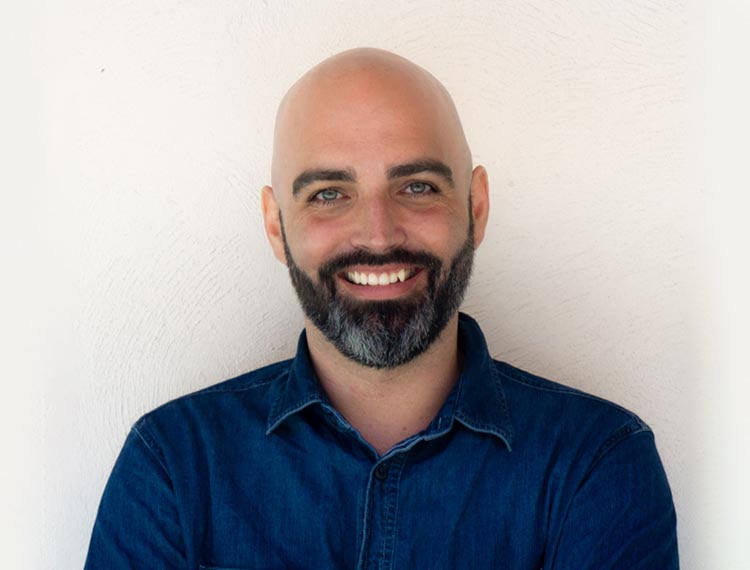
The Cabin Group’s #DigitalAddiction Roadshow in Singapore
On June 18, 2018, gaming disorder was included in the International Classification of Diseases (ICD) by the World Health Organisation. Hours spent gaming can adversely affect a young person’s education, social development and career prospects.
The Cabin Group – widely recognised as being at the forefront of addiction treatment globally – is organising a Digital Addiction Roadshow in Singapore from 11 – 13 November 2019.
Leading experts will provide the latest information about digital addiction (gaming, screen, social media and streaming addictions), outline warning signs and discuss the most effective treatment available. Throughout the three days, they will deliver school presentations and Q&A sessions to students and parents, and host a workshop/roundtable for counsellors and therapists.
The Singapore Digital Addiction Roadshow will be led by Jamison Wiggins, Digital Addiction Consultant at The Cabin Group and Cam Adair, founder of Game Quitters – the world’s largest support community for video game addiction. They will be accompanied by Andy Leach, Clinical Lead Asia. Singapore-based SACAC Counselling will partner with The Cabin Group for the school presentations and Q&A sessions. During the roadshow, Jamison and Cam will draw on their personal experience of overcoming screen and gaming addictions and offer key insights into how gaming and social media are designed to keep young people hooked. They will explain how a digital health check can help parents detect signs of addiction, suggest ways for schools to create effective support systems and share practical strategies to help young people thrive in a technology-dependent world.
Dr Harshal Awasthi, Yale-educated Addiction Psychiatrist and Head of Department at The Cabin Group, said: “In a much awaited move, the World Health Organisation has recognised gaming disorder as a mental health issue. This is an addictive behaviour which is growing exponentially, significantly contributed by our increasingly digital world and lack of understanding of its long-term mental health impacts. At The Cabin we are using an evidence-based and clinically-proven strategy to help clients with gaming addiction. Our treating team includes not only psychiatrists and clinicians but also experts and thought leaders in the field with real-life experience of gaming disorder.”
The Cabin in Chiang Mai, Thailand offers a highly-specialised gaming treatment programme to address and overcome each symptom of gaming, screen and social media addiction, starting with the root cause. It is the first inpatient digital addiction programme launch, with more in development. Personalised treatment combines evidence-based Western psychology and Eastern healing practices to help young people develop a healthy relationship with technology:
- Controlled environment with experienced professionals to facilitate digital detoxification
- One-to-one counselling to work through the psychological barriers that keep addicts gaming
- Group therapy specifically designed for gaming addiction
- Social element, co-living with other young men in gaming addiction recovery
- Family programme to support and coach loved ones through their own recovery
- Intense physical activity (Muay Thai boxing and triathlon training) to restore physical confidence and self-worth
- Wilderness excursions to develop determination, communication and teamwork
- Community service to build a sense of social responsibility
- Holistic therapies including meditation, massage, mindfulness, tai chi and yoga
- Practical advice and expert guidance to overcome obstacles, beat urges and avoid relapse into gaming
- Mindful, purposeful and intentional technology use training
- Continuing care programme post discharge with the community support of recovering gamers and specially-developed resources to assist integration back into our tech-based world.
The Cabin Group Gaming Programme
This world-leading residential addiction treatment programme is for young men. It engages participants in intense physical activities, social responsibility and a search for meaning and purpose, while incorporating The Cabin’s highly-successful psychotherapy model in a way that resonates with young people. Treatment is administered by a multi-disciplinary team of highly-experienced, licensed addiction specialists, adolescent behavioural and mental health therapists, as well as on-site medical staff, fitness trainers and a nutritionist. For more information about The Cabin’s gaming programme, click here to watch a video featuring Cam Adair of Game Quitters.
ICD Update
18 June 2018 was when ICD-11 was announced. The ICD is presented to UN member states for acceptance but does not go into formal effect until 2022.
Jamison Wiggins – Digital Addiction Specialist
Jamison Wiggins (MA East-West Psychology) is an expert in emergent technology use including gaming, screen, social media and streaming addictions. Jamison is working in collaboration with The Cabin Group to enhance their world-leading gaming addiction treatment programme. He is also developing bespoke clinical treatment modules to address digital addiction across all their specialist addiction programmes.
Cam Adair – Founder of Game Quitters
At 11 years old, Cam Adair experienced intense bullying which led him to drop out of high school. He never graduated and while all his friends went off to college Cam lied to his parents about having a job – instead he was playing video games up to 16 hours a day. Struggling with depression, he got to the point of writing a suicide note and that night made a commitment to change. Game Quitters is the world’s largest support community for video game addiction offering online tools for gamers and parents serving 50,000 members in 91 countries.

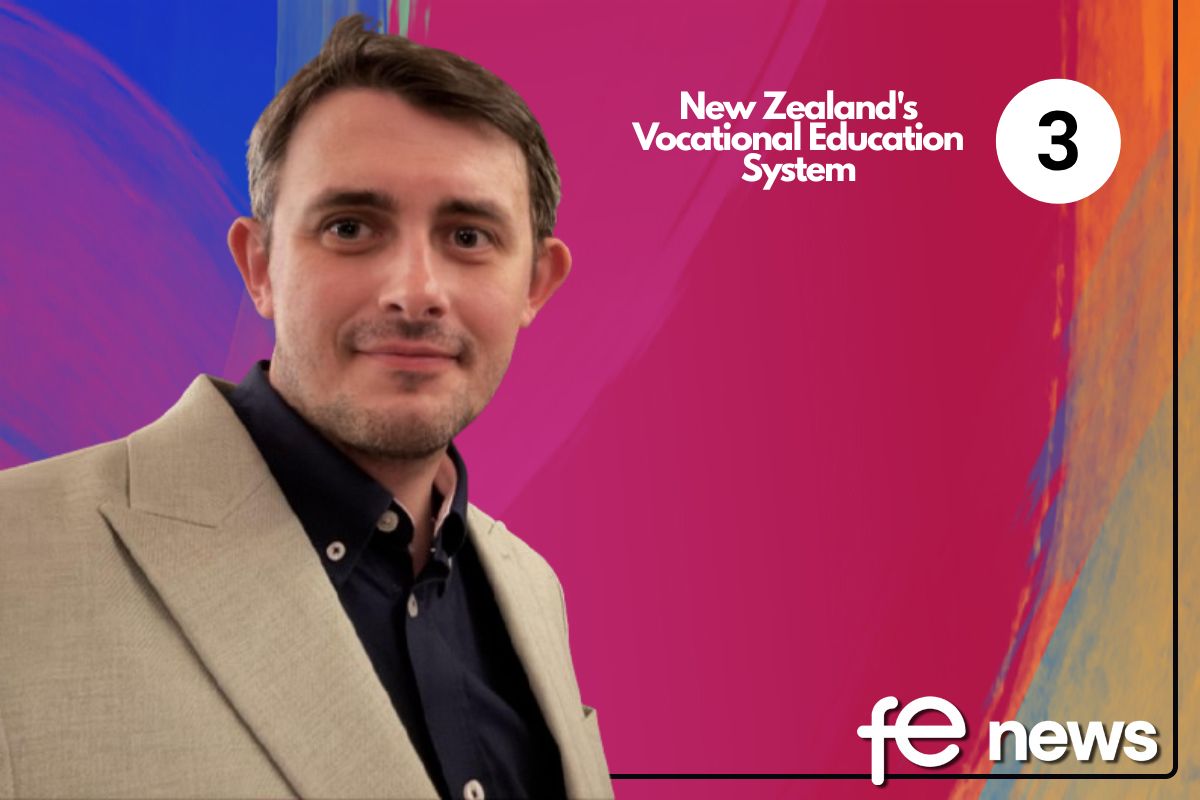




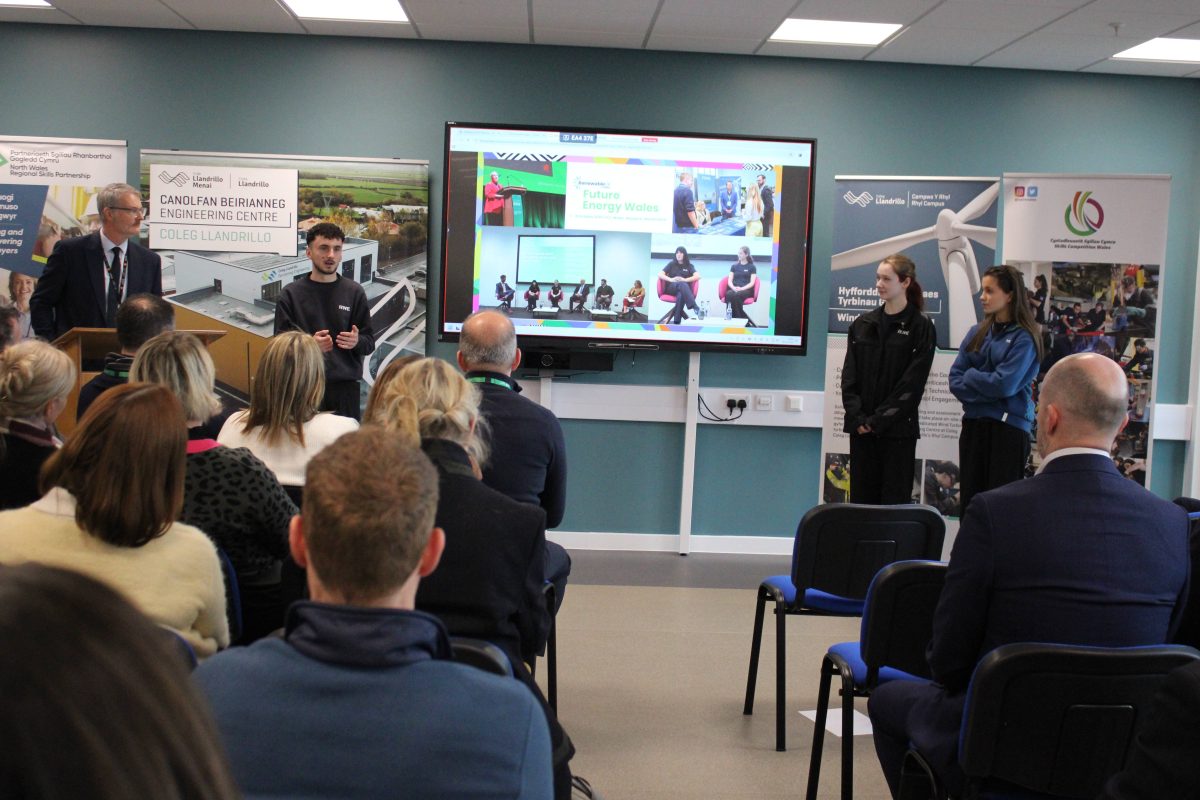


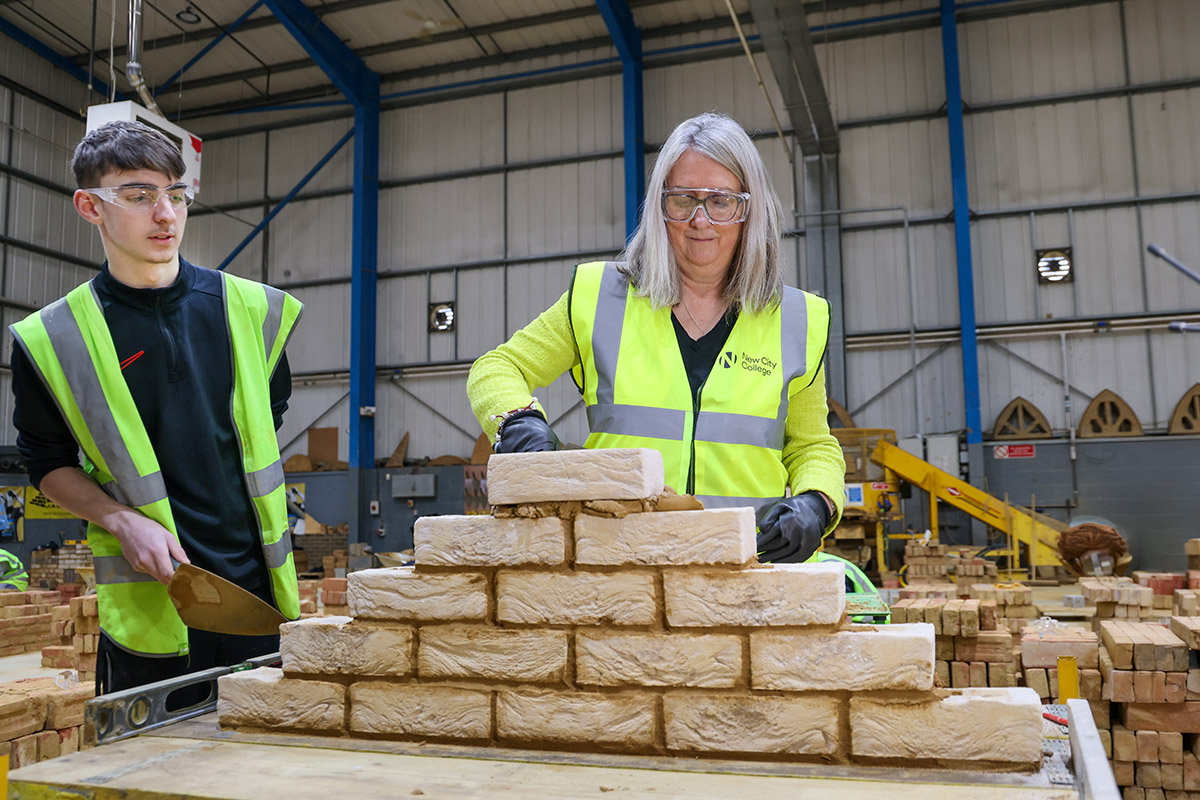
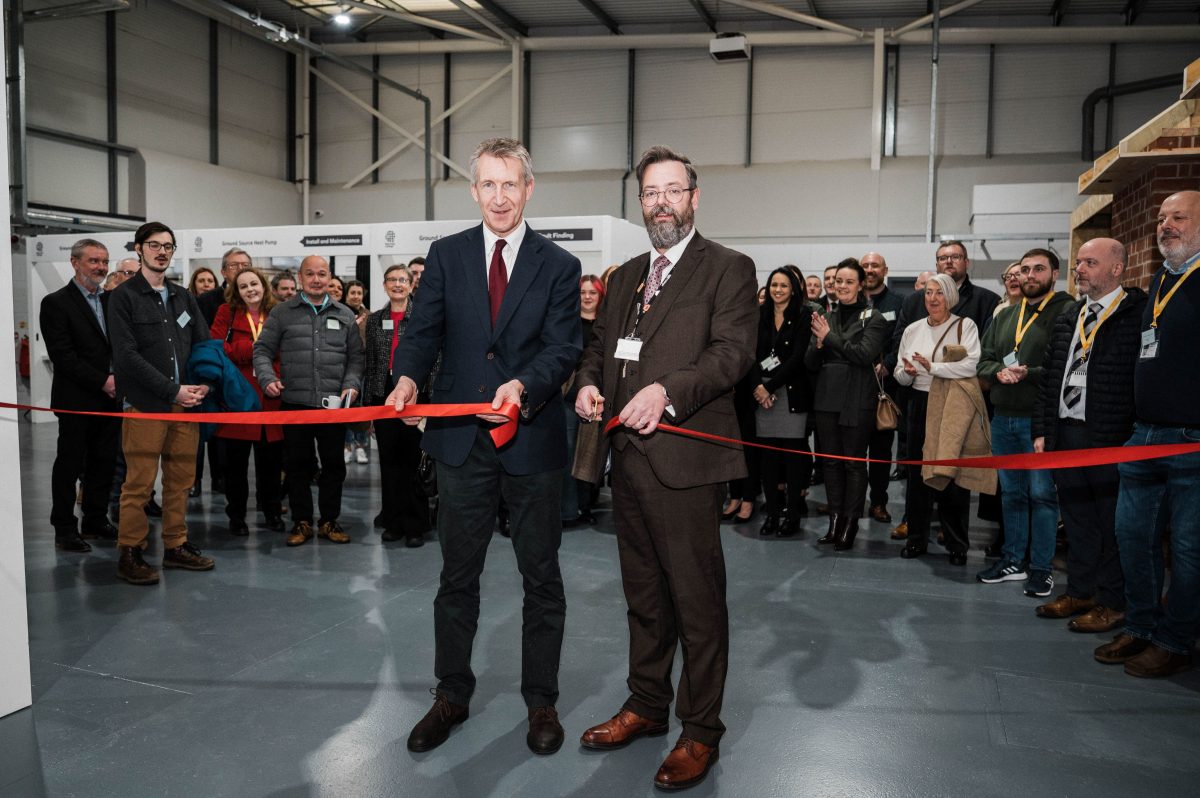
Responses